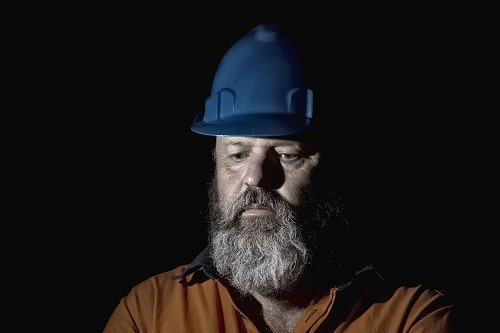Eight in ten Britons say they would be comfortable discussing mental health with a friend if they were experiencing problems, according to a new report, which claims there has been a ‘sea change’ in attitudes towards mental health.
News
People of all ages no longer see mental health as ‘taboo’ finds report
The More in Common report polled people of different political persuasions and age groups – from Baby Boomers to Generation Z – to find out where the nation stands on mental health.
“Even those groups who can be more sceptical about the ways in which we talk about mental health in Britain today are open and willing to talk and listen to those in their lives suffering from mental health challenges,” says the report.
How people approach mental health has undergone a “transformation over the past decade”, it says. Once little discussed and often regarded as taboo “talking about mental health has become mainstream from workplaces and schools across the country to TV shows and Parliament.”

 From Baby Boomers to Generation Z, the British public are much more comfortable talking about mental health than in past decades. Photograph: iStock
From Baby Boomers to Generation Z, the British public are much more comfortable talking about mental health than in past decades. Photograph: iStock
However, although the public agree there is more awareness, they want to see more action from politicians, workplaces, and other institutions. Almost half the public (49 per cent) do not think that employers take mental health seriously enough, particularly in blue collar industries.
In focus group discussions with More in Common, better mental health support in the workplaces was viewed as a “common sense and responsible investment” that would help employees “perform better.”
Two in five voters say mental health will be an important election issue for them, while 19 per cent are calling for a National Mental Health Service like the NHS.
Luke Tryl, UK Director at More in Common said: “The British public want more than just talk from politicians, they want to hear concrete policies for how they’ll improve the nation’s mental health.
But the public doesn’t think responsibility will just sit on politicians’ shoulders alone. While much has been done to ensure that workplace mental health support has been provided for those in office jobs, our research finds those in more blue-collar jobs do not feel the same. Having already borne a greater burden during the cost-of-living crisis and the pandemic, more needs to be done to urgently address this inequity.”
Perhaps counter-intuitively, it is the youngest generation who are the least likely to say they’d be comfortable if a friend shared how their mental health was affecting their life.
Seven in ten (70 per cent) of 18–24-year-olds say they would feel comfortable talking with their friends, compared with 85 per cent of Millennials and 81 per cent of Baby Boomers.
Britons and Mental Health: Time to Act report here
NEWS

Employers unprepared for menopause duties, research suggests
By Belinda Liversedge on 24 February 2026
Most employers remain uncertain about duties coming into force to support female workers undergoing the menopause, a new poll suggests.

Ramadan: what employers should know about supporting their workforce
By Belinda Liversedge on 18 February 2026
As Ramadan begins this week, UNISON has reminded employers to think about reasonable adjustments for their Muslim workforce’s religious observance such as fasting, prayers, and flexible schedules.

Nearly half of UK workers afraid to flag risks, finds new research
By Belinda Liversedge on 10 February 2026
A significant “silence gap” is threatening UK workplace safety and operational integrity, according to new data released by training provider Mental Health First Aid (MHFA) England.



